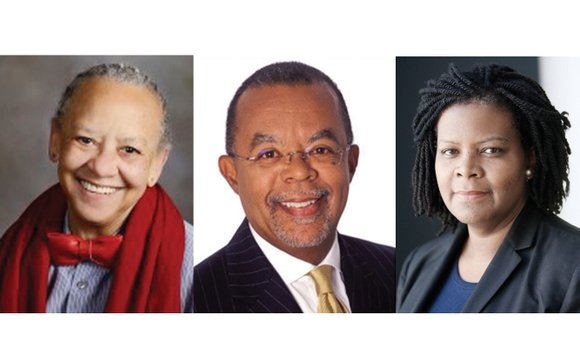Monticello to host summit on slavery and freedom in America
8/5/2016, 6:57 p.m.
Historians, descendants of Monticello slaves, cultural leaders and activists will discuss the history of slavery and its meaning today on race, freedom, and equality during a public summit Sept. 17 at Monticello, the Charlottesville home of President Thomas Jefferson.
The summit, “Memory, Mourning, Mobilization: Legacies of Slavery and Freedom in America,” is part of a multiday event with the University of Virginia to celebrate the 50th anniversary of the National Endowment for the Humanities.
Speakers will include scholars Henry Louis Gates Jr., Annette Gordon-Reed and Ed Ayers, filmmaker Bree Newsome, writer-editor Jon Meacham and child advocate Marian Wright Edelman.
The event will be held 10 a.m. to 12:30 p.m. on Monticello’s West Lawn and will include a performance by poet and author Nikki Giovanni, the Community Performance Project and the Union Run Baptist Church Choir.
While the summit is free, registration is required.
“We believe this summit will inspire frank, far-ranging dialogue on the history of slavery and its meaning in today’s conversations on race and equality,” said Leslie Greene Bowman, president and CEO of the Thomas Jefferson Foundation at Monticello.
“We are honored to host this conversation on the grounds of Thomas Jefferson’s plantation, a deeply meaningful site that reflects the duality of the American story.”
Monticello, which was built in the late 1700s by the third U.S. president, was once home to hundreds of enslaved people, including Sally Hemings, with whom President Jefferson had several children. During his lifetime, President Jefferson, author of the Declaration of Independence and founder of the University of Virginia, owned more than 600 slaves on several plantations.
“We’re interested in the role that public monuments and sites such as Monticello play in the history of our nation and its future,” said Chad Wellmon, associate professor of German Studies at the University of Virginia.
“How might one of the best-studied and best-preserved plantations in America help us to not only mourn and memorialize the past, but also advance our conversations about the ongoing struggle for racial justice?”
For more information, and to register, go to www.monticello.org/neh.







